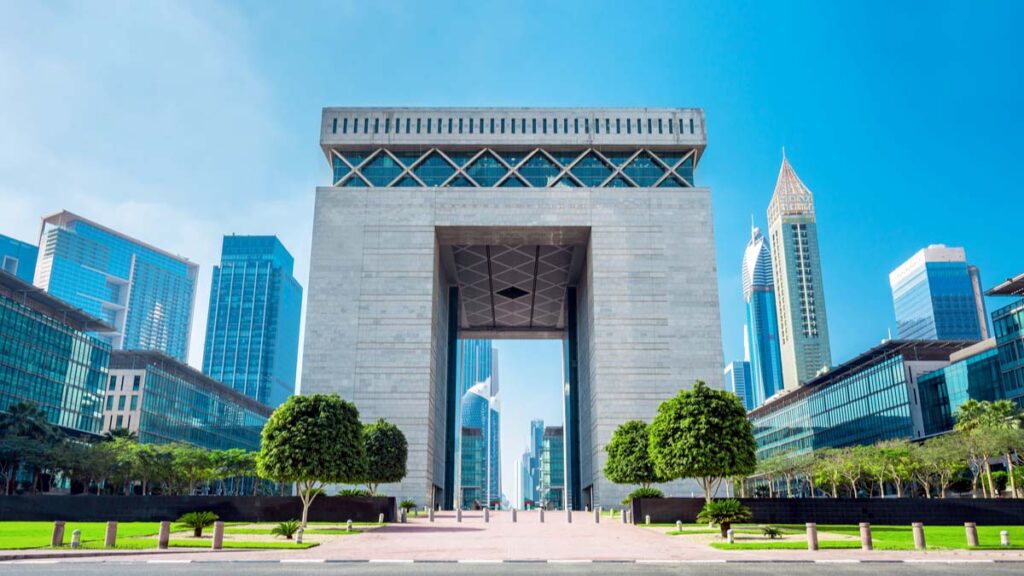
The United Arab Emirates (UAE) Artificial Intelligence Office and Dubai International Financial Center (DIFC) officially initiated its Artificial Intelligence (AI) and coding license to appeal to a global new wave of technology firms and coders.
The license will give companies obtaining it the ability to work with the DIFC Innovation Hub, in addition to representing an estimate of 60 percent of all GCC FinTechs. In addition, it will provide employees with an overgrowing chance of being employed in those companies to secure the Emirates golden visas, according to the DIFC.
These strategies will play a pivotal role in highlighting Dubai’s openness to transform itself into a global destination for industries setting the stage for the future’s digitalization by implementing advanced technologies into their framework and ecosystem, said the UAE’s Minister of State for Artificial Intelligence, Digital Economy and Remote Work Applications, Omar Al Olama.
“The UAE government is keen to support digital transformation processes … this is being achieved by developing digital activities and providing innovative solutions that contribute to improving the performance of governments and the lives of communities,” Al Olama added.
As the Middle East’s second most important economy, the Emirates is seeking to become the primary beneficiary of the adoption of AI in the Middle East. The development of thinking computer systems technology is predicted to accord to almost 14 percent of Dubai’s gross domestic product (GDP) – the monetary measure of the market value of all final goods and services produced in a certain period in the country.
According to a report published by consultancy PwC, Dubai is seeking to reach the equivalency of $97.9 billion in its GDP by 2030.
“Dubai and DIFC are global ambassadors for AI,” said Essa Kazim, DIFC governor.
“Financial services companies in DIFC and a broad spectrum of other industries across the Emirate are setting the standard which is also contributing to the UAE’s ambitious goal to have an internationally competitive, knowledge-based economy,” Kazim added.
The new licensing strategy will also deliver the necessary support for the UAE’s national AI Strategy 2031, which the Cabinet adopted in April 2019. The strategy – which incorporates an extensive range of immensely rapid developing innovations, will ensure the integration of technology in all of the country’s sectors, be it governmental or educational services.
In parallel, Dubai has launched the Mohamad bin Zayed University of Artificial Intelligence to endorse further the progress of research and development (R&D) and support the practical adoption of AI. Only last week, the UAE Council for Artificial Intelligence and Digital Transactions publicized plans to bolster the rate of specialized AI laboratories, as well as research initiatives.